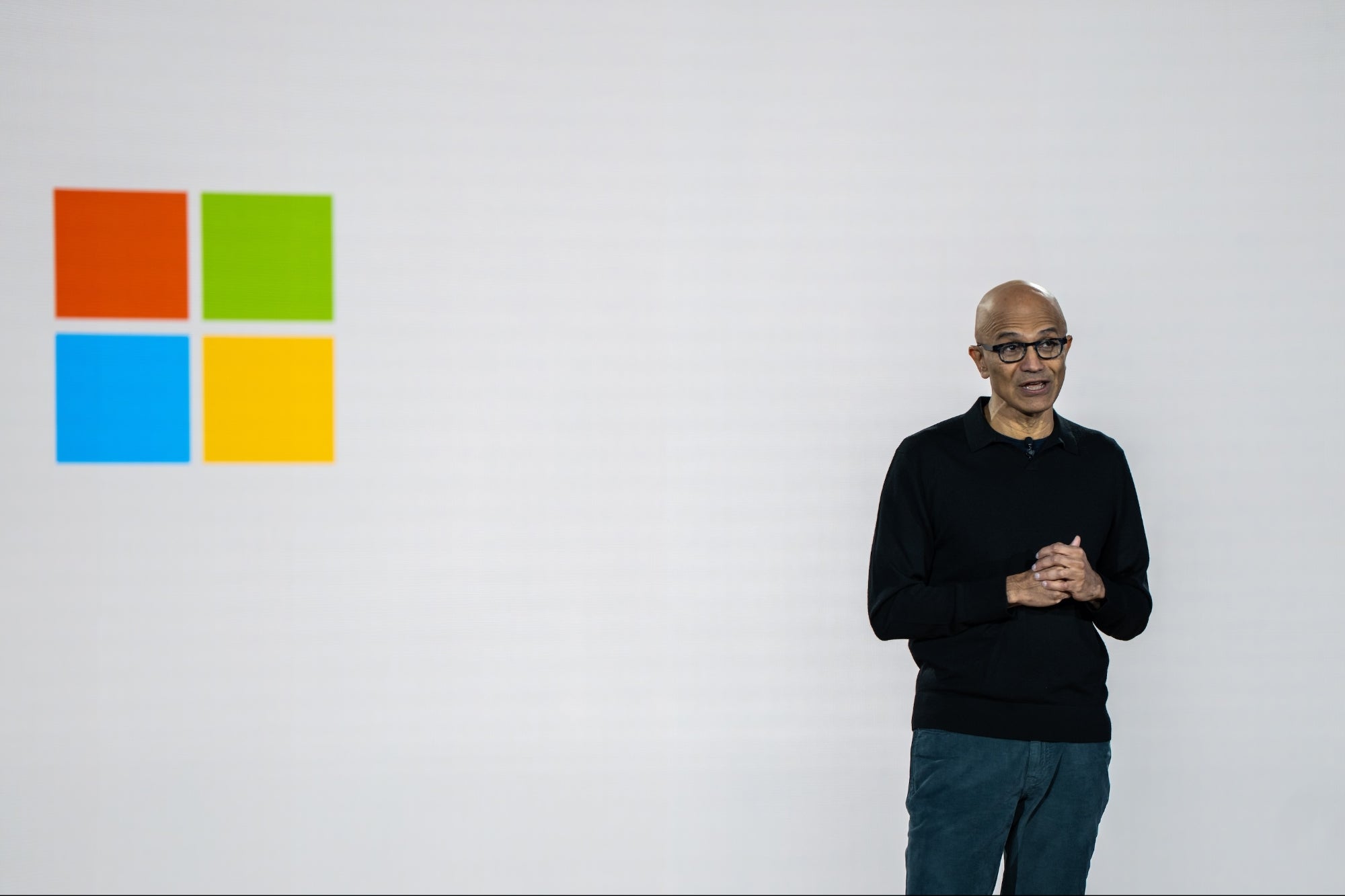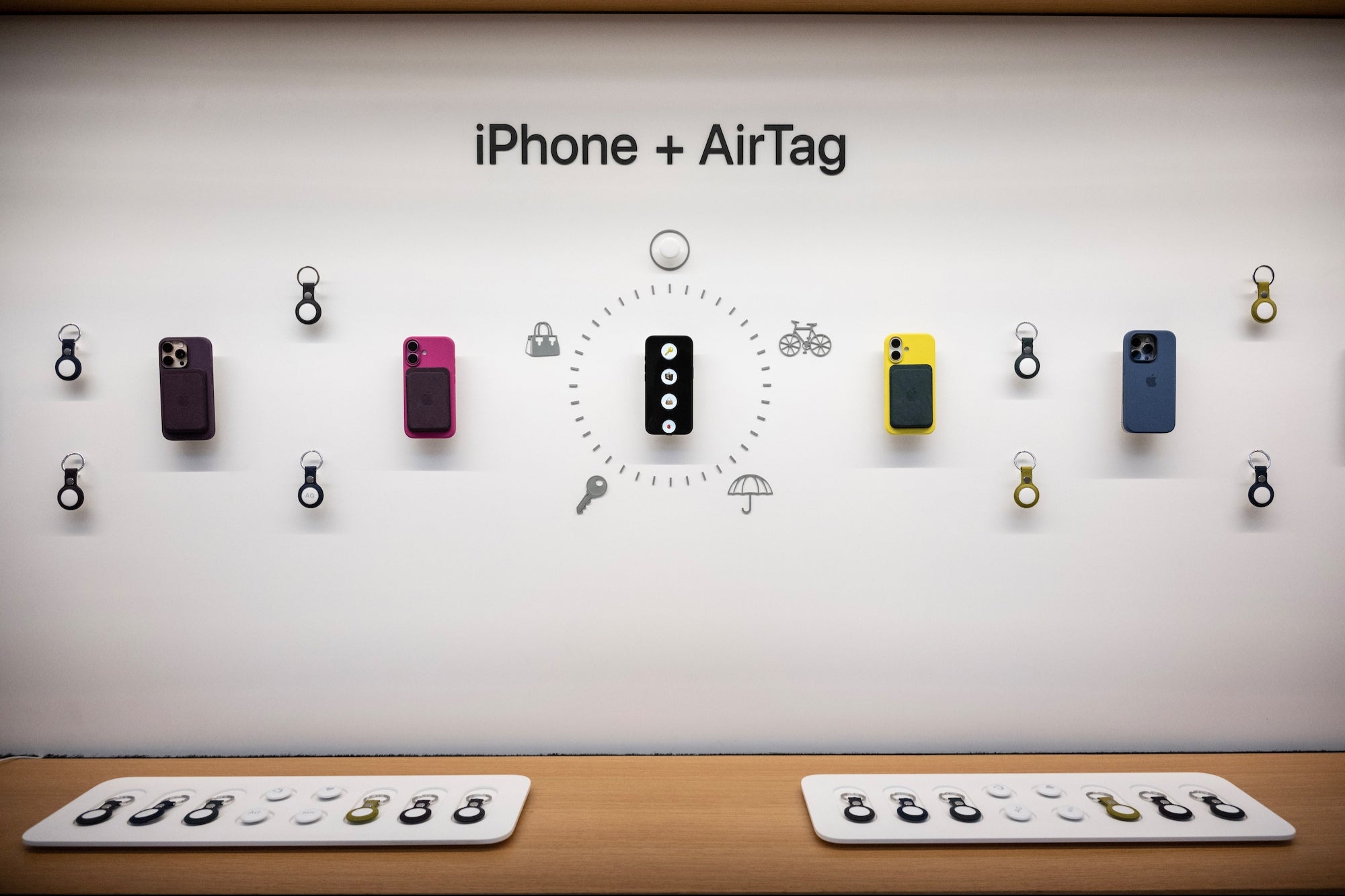Google Ready to Drop Billions on Satellites for Worldwide Connectivity The tech giant is reportedly embarking on a plan to launch 180 small orbiting satellites that will bring Internet to unwired parts of the globe.
Opinions expressed by BIZ Experiences contributors are their own.
If you are Google, you have most of the online world dancing to the beat of your music. The world that is not wired to the Internet, though, can't even hear your music. To become more powerful, Google needs to bring more of the world online. And it's going to invest heavily -- very heavily -- to make that happen.
The Mountain View, Calif.-based tech company is going to invest at least $1 billion in its efforts to launch a first fleet of 180 small orbiting satellites to bring Internet connectivity to parts of the world that aren't currently wired, according to a report in today's Wall Street Journal. Spending on the project could soar as high as $3 billion, according to the report.
The endeavor is said to be led by Greg Wyler, who recently came to Google from O3b Networks, the satellite-communications startup he founded.
Related: Google's Next Tablet Will Be Able to 3-D Map Your Surroundings
Google would not confirm the billion-dollar price tag, but did confirm its interest in bringing Internet to the portions of the globe that as of now are offline. "Internet connectivity significantly improves people's lives. Yet two thirds of the world have no access at all," said a Google spokesperson. "It's why we're so focused on new technologies—from Project Loon to Titan Aerospace—that have the potential to bring hundreds of millions more people online in the coming years."
Project Loon is Google's name for its work trying to get bring Internet access to people in rural and remote areas via balloons floating through the earth's stratosphere. The project, launched in June 2013 after a pilot in New Zealand, has specially designed balloons floating approximately 20 kilometers above the Earth's ground level transmitting Internet connectivity at speeds roughly equivalent to the 3G wireless network.
Related: A Panic Button and No Steering Wheel: A Look at Google's First Self-Driving Car
Meanwhile, last month Google acquired New Mexican-based Titan Aerospace, a company that uses atmospheric satellites -- high-altitude solar drone robots -- to both establish internet connections in remote areas or to help monitor environmental damage like oil spills and deforestation. Google's purchase of Titan Aerospace was a bit of a slap to Facebook's CEO Mark Zuckerberg, who had been in talks to buy the drone company.
As with Google, for the social media giant Facebook, too, growth depends on bringing more of the population online. Alongside half a dozen of the largest mobile device companies including Samsung and Nokia, Facebook is a partner in internet.org, a collaboration to bring Internet to the two thirds of the globe that isn't currently online.











